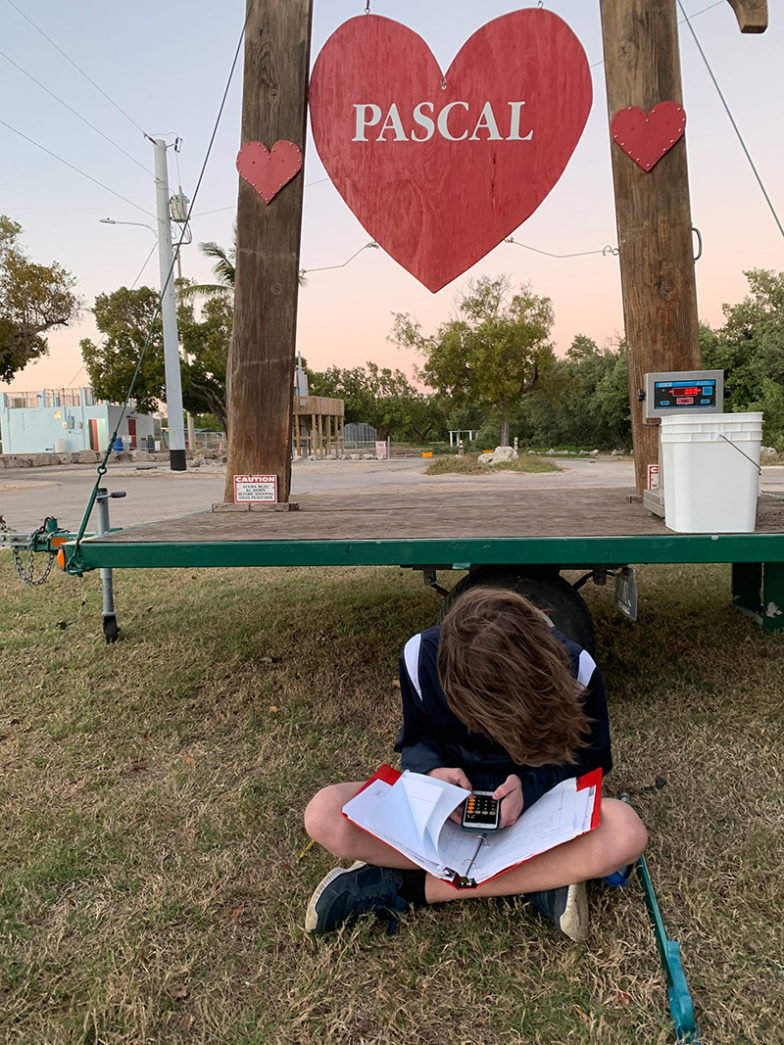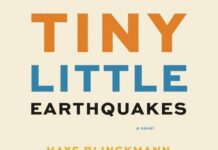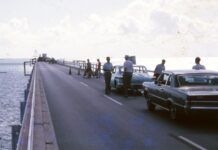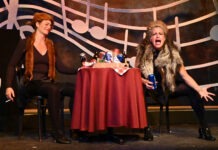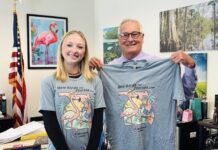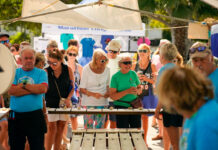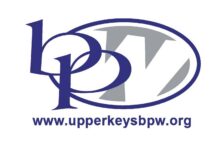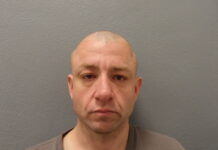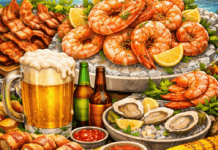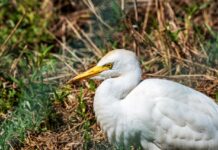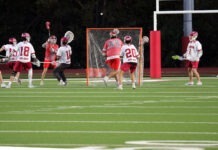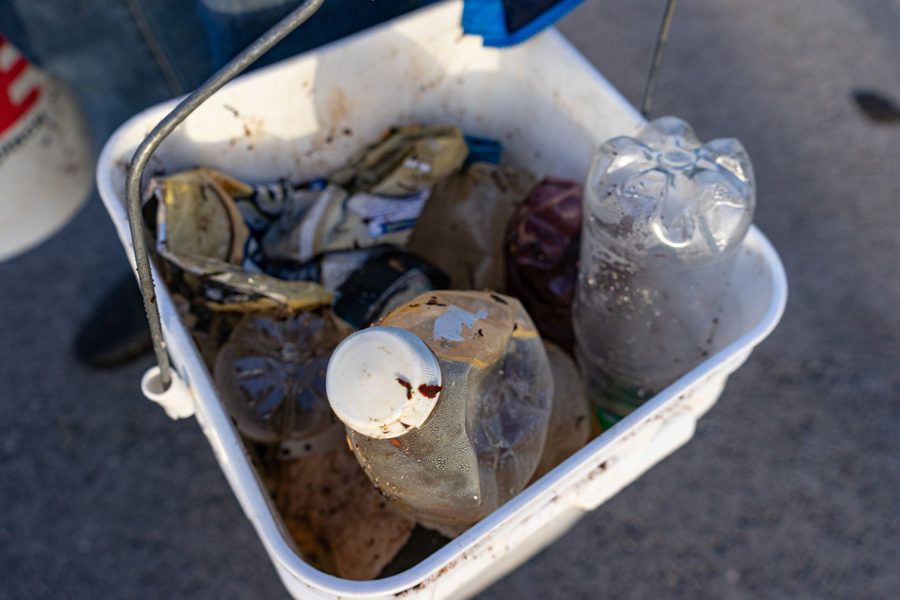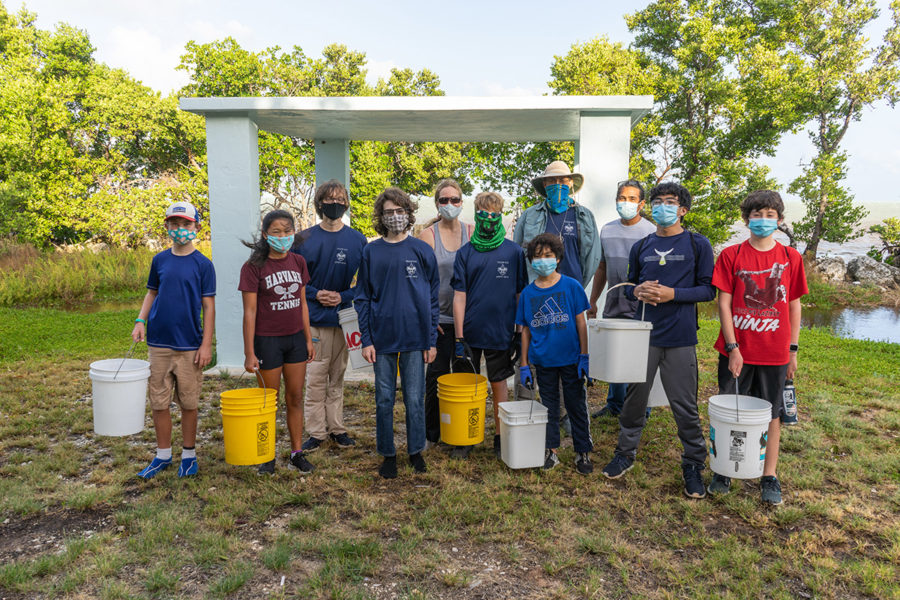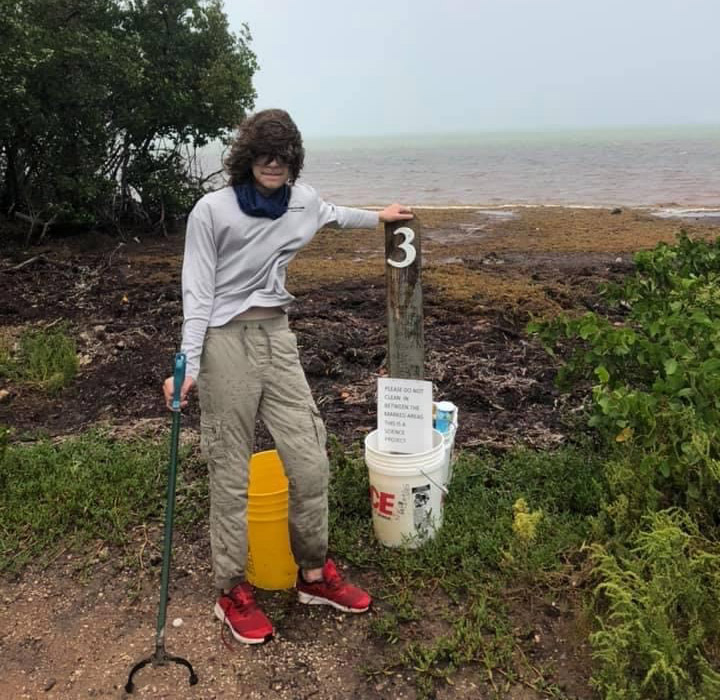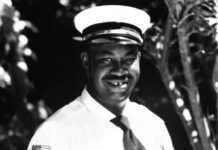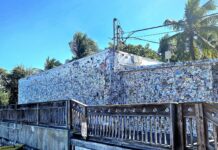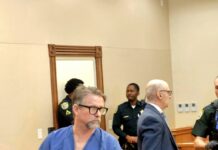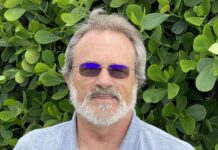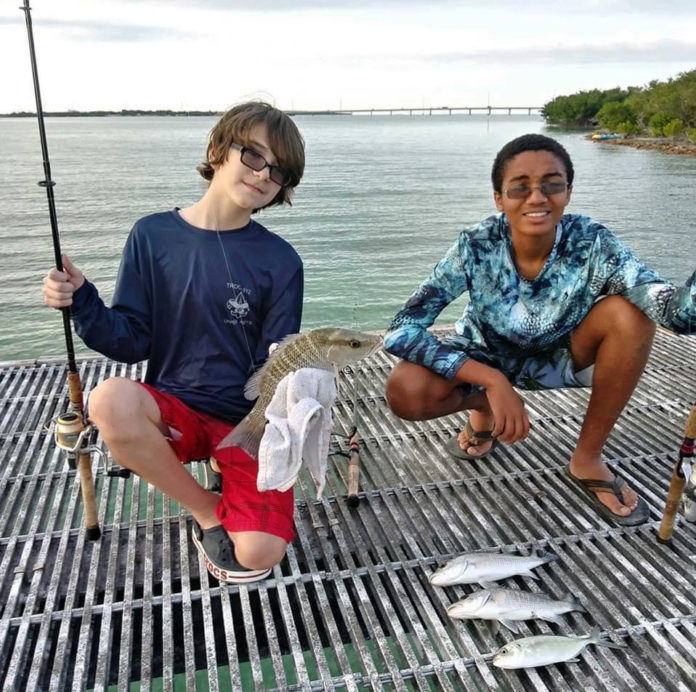
How do you honor a fallen friend?
For Aidan Austin, 15, an Upper Keys student and scout, the answer was to take over his friend Pascal Weisberger’s STEM fair project to bring it to completion. Now, Austin has won first place in the Coral Shores High School STEM Fair and will be presenting the project at the district competition.
Weisberger, a known environmentalist and beloved community member, had started the project in March 2020, at the start of quarantine. He and his father, Ariel Poholek, regularly visited Harry Harris Park to observe how the coronavirus shutdown affected the amount of trash found washed up on the shoreline. Knowing boating was down, Weisberger had hypothesized that the closure would change the origin and makeup of what he found.
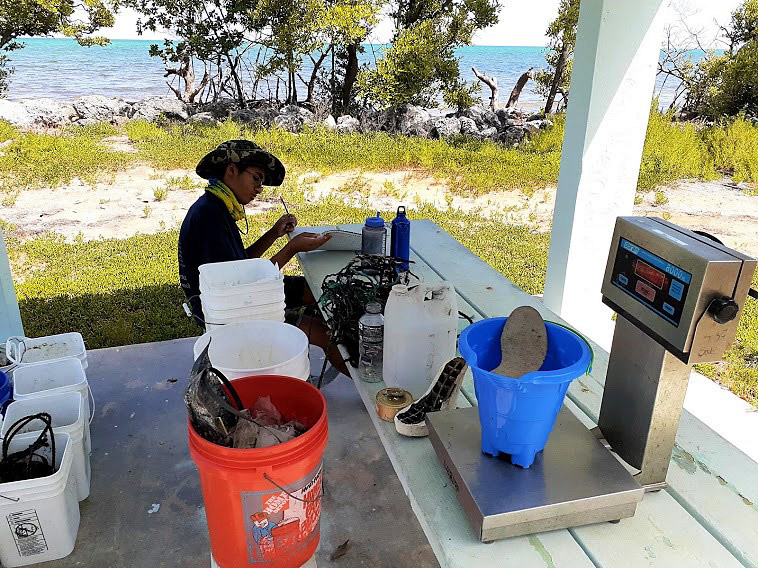
“Our overall objective was to look at changes in quantity and distribution of different types of debris washing up in that area of Harry Harris Park during coronavirus, as a proxy for the Keys in general,” Poholek explained.
Weisberger died tragically in May 2020, before he could complete the work. Austin, Poholek and their Boy Scout Troop 912 decided to take over the project and bring it to completion.
The group went back week after week to conduct cleanups at three specific locations of Harry Harris Park through the remainder of the Keys’ closure to the mainland, sorting, counting and weighing what they found. Austin led the group, with Poholek and TVM science teacher Bobbi Burson and Ocean Studies Charter School science teacher Martha Loizeaux assisting with data collection and analysis.
“It was a lot of hard work, but it was definitely worth it,” said Austin. “In our final project, we found an increase in trash two months after the Keys reopened, implying that human activity influences the environment when we have high amounts of contact with it.”
Poholek agreed, noting that they found a “sharp spike” and “significant uptick” in plastics after the checkpoint ended and normal boating and public use of the marine environment resumed. During the shutdown, plastic debris made up 28% of total debris found. After the checkpoint was removed, this increased to 52%, Poholek said.
What they found also changed.
“We noticed lots of things coming from abroad, from the ocean,” said Austin. “We found more of them during the shutdown. We could tell the distance they’d traveled because they had foreign languages on them.”
When the Keys reopened, fewer foreign products were discovered and more local trash washed up, instead. More boat traffic and tourism would explain the higher incidence of trash, Austin said.
The project ended up winning first place in the Coral Shores High School STEM fair, which was held virtually this year.
“When I found out I won, I was absolutely ecstatic, I was shaking,” said Austin. “I was shocked, really. When they announced my name over the loudspeaker, I couldn’t believe it.”
The state STEM fair is the next step.
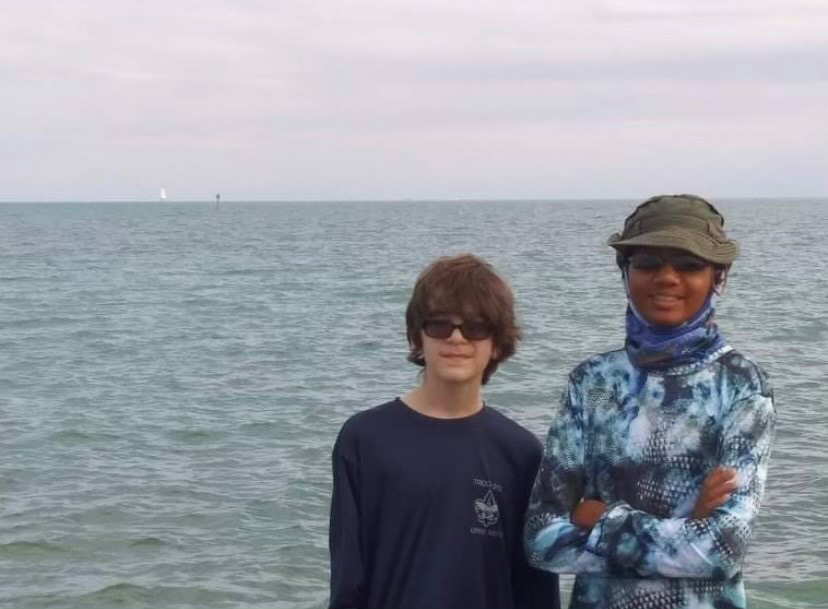
Through it all, Weisberger’s memory guides his friends and family.
“Environmental issues were very important to Pascal, but plastic debris was something he took a particular interest in,” Poholek told the Weekly. “I know this would’ve meant a lot to Pascal, and it means a lot to me.”
Poholek also noted how the other troop members assisted out of their friendship to both Weisberger and Austin, and how doing so helped them all cope with losing their friend.
“I had known I wanted to do the project regardless, but now that I’ve done it, I feel like I’ve done something to honor Pascal, and that helps to ease a lot of pain,” Austin said.
